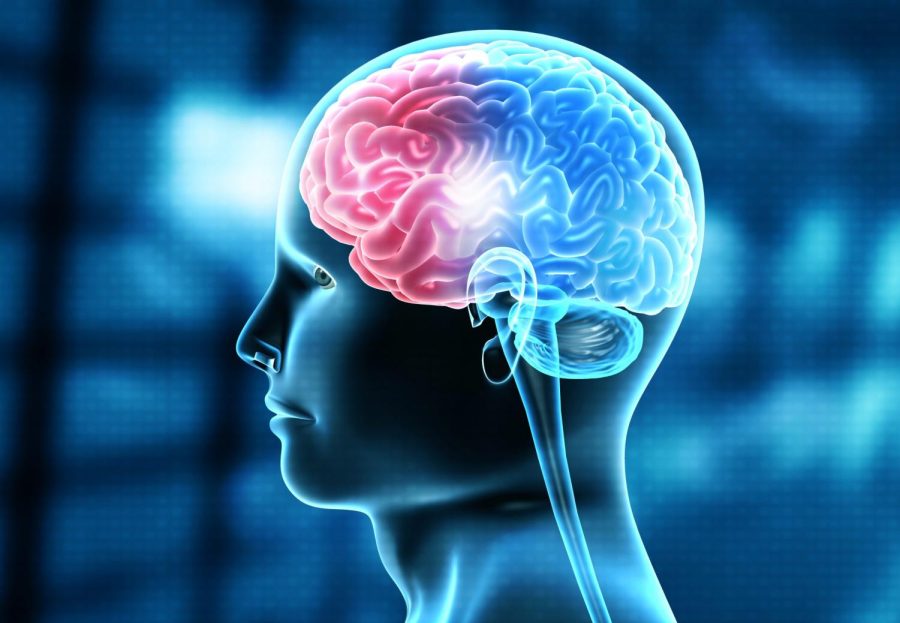The science of stress
March 10, 2023
Stress is very common among students, especially students in high school. These teens are constantly under pressure about their grades, extracurricular activities, sports, jobs, SAT/ACT exams, college essays and applications, and much more. Schools all around the world have recently attempted to build mental health lessons into their curriculum due to the rising number of mental illnesses among teens in this generation. These lessons typically teach teens about the generic aspects of mental health and how to deal with it, but what else is there to know about stress?
Our brains are the central organ in our bodies that handle stress and help us adapt to stressful situations. The brain recognizes stressful and threatening situations and takes us into fight-or-flight mode. Also, the brain is the organ that develops the behavioral and physiological responses to our stress, signaling to the rest of our body what to do to cope. Although stress isn’t a pleasant feeling, some types of stress aren’t necessarily bad to experience.
Good stress occurs when someone rises to a challenge or tries something new. They might leave the situation feeling accomplished, but they also might leave the situation learning something new or finding ways to grow. The best way to deal with this stress is to have a positive attitude and be prepared to not always win or get something correct the first time around. Most of our life experiences are learning opportunities, so it’s important to keep a positive mindset when you make a mistake. This is important to keep in mind after receiving a grade back from a test. Students often get very hard on themselves if they don’t get their desired grade, but they have to remember to learn from their mistakes so they can improve in the future.
Tolerable stress takes place when a situation arises that causes discomfort, something doesn’t go someone’s way, or bad things happen. In these situations, people can cope with stress by talking to others and using the situation as a learning opportunity for growth. In school, things might not always go our way if we don’t make a sports team or win the school election. In these cases, the outcome we hoped for might not have happened. It’s important to ask yourself how you can improve to do better next time.
Toxic stress might take over someone’s brain if something doesn’t go their way or something bad happens, and they can’t seem to cope with the stress. These people might not have a person to talk to and tend to bottle up their emotions. This can lead to even more discomfort and a lack of self-esteem.
Any of these kinds of stress “may cause us to be anxious and or depressed, to lose sleep at night, to eat comfort foods and take in more calories than our bodies need..to smoke or drink alcohol excessively…to neglect seeing friends…to take time off from our work, or reduce our engagement in regular physical activity,” Bruce S. McEwen said in Neurobiological and Systemic Effects of Chronic Stress.
Overall, there are many different kinds of stress varying from healthy, tolerable feelings and actions to toxic stress that produces unhealthy thoughts and actions. It’s important to recognize your stress and find productive ways to cope and deal with your emotions to prevent further stress or overwhelming thoughts.
